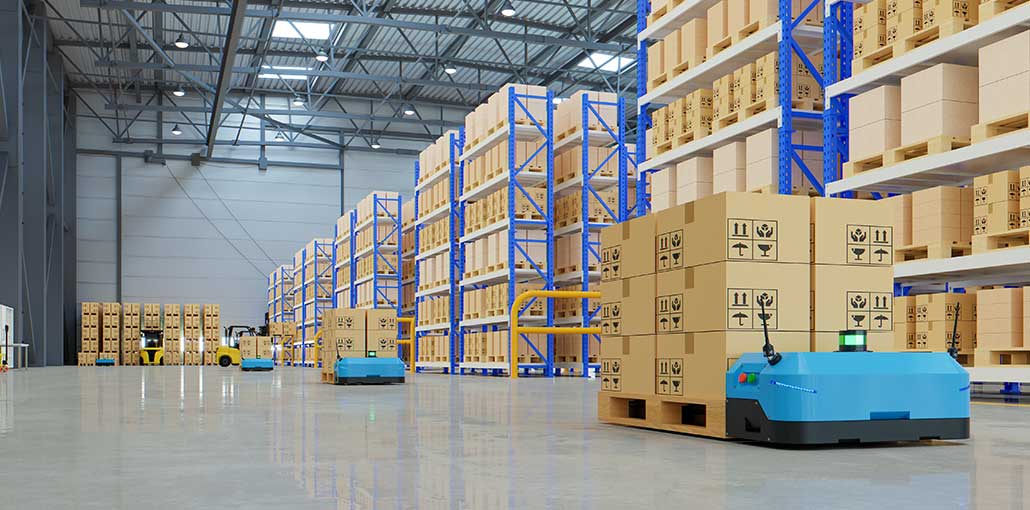The untold hero of the manufacturing industry is supply chain management. Although it is not glamorous, there is nothing tangible that can validate your efforts. But it is the foundation of every manufacturing company. A strong supply chain process helps improve inventory management, reduces waste, and frees capital that could otherwise be held in stock. It’s well worth doing! Supply chain management is not something that can be done by itself. It must be built upon the foundation of key business processes. SYSPRO, an ERP system that is best in class, offers a platform to facilitate Supply Chain Integration by looking at these key supply chain processes.
1. Customer Relationship Management
This structure helps customers to develop and maintain relationships. Based on the value of customers over time, individual customers and groups can be identified. Customers’ loyalty can also be increased by offering tailored products and services. Cross-functional customer teams develop Product and Service Agreements (P&S) for key accounts and segments.
They work closely with key customers to improve their processes, eliminate demand variability, and reduce non-value-added activities. Performance reports can be used to assess the profitability of customers and the financial impact on customers.
SYSPRO software allows companies to manage a large customer database and increase revenue. The CRM process is supported by SYSPRO Reporting and Sales and Distribution Solutions.
2. Supplier Relationship Management
This describes how a company interacts and communicates with its suppliers. A company may have close relationships with certain suppliers. Others will be less so. Good supplier relationship management involves creating the right PSAs and managing them well so that both the company as well as the suppliers get the most out of trading agreements.
Also read: 10 Tips to Build A Responsibly Sourced Supply Chain
3. Customer Service Management
It acts as the customer interface. It acts as the main point of contact to administer the PSA. It can provide information about orders, shipping dates, and product availability. SYSPRO ERP Manufacturing and Logistics Modules provide the customer service management with the necessary data.
4. Demand Management
This allows companies to match supply and demand more effectively. Forecasting and synchronizing demand and supply are essential in order to increase flexibility and reduce demand variability. To forecast and influence demand, the process will use customer intelligence, historical sales data, and planned marketing efforts.
5. The Order Fulfilment
The supply chain process is more than simply filling orders. This includes all activities required to identify customer requirements and design a process that meets customer needs while minimizing the overall delivery cost. This does not only include the logistics function. It must be done cross-functionally with coordination between key suppliers and customers. It is important to create a supply chain management process flow from supplier to the organization to various customer segments.
6. Manufacturing Flow Management
All activities are required to move goods through manufacturing and to achieve, implement, and manage manufacturing flexibility within the supply chain. Manufacturing flexibility is the ability to produce a variety of products at a reasonable rate and at a low cost. Planning and execution must go beyond the production facility to include the entire supply chain in order to achieve desired manufacturing flexibility.
Management of manufacturing flows requires planning. SYSPRO’s EquatorHR module integrates into the ERP system to aid in this planning.
Also read: Top 10 Manufacturing Analytics Use Cases in Supply Chain
7. Product Development and Commercialisation
This structure is used to develop and bring products to market with suppliers and customers. Product development and commercialization teams must work in concert with customer relationship management to identify customers’ unarticulated and articulated needs. They also need to select materials and suppliers to support the supplier relationship management process. Finally, they will develop manufacturing technology to produce and integrate into the best supply chains for the product/market combination.
8. Returns Management
This is the SCM process that manages activities related to product returns, reverse logistics, and gatekeeping. This is vital for managers to manage reverse product flow effectively, as well as to identify potential opportunities to decrease unwanted returns and control reusable resources like containers. A strong link between logistics and marketing is key to ensuring a competitive advantage.










Leave a comment